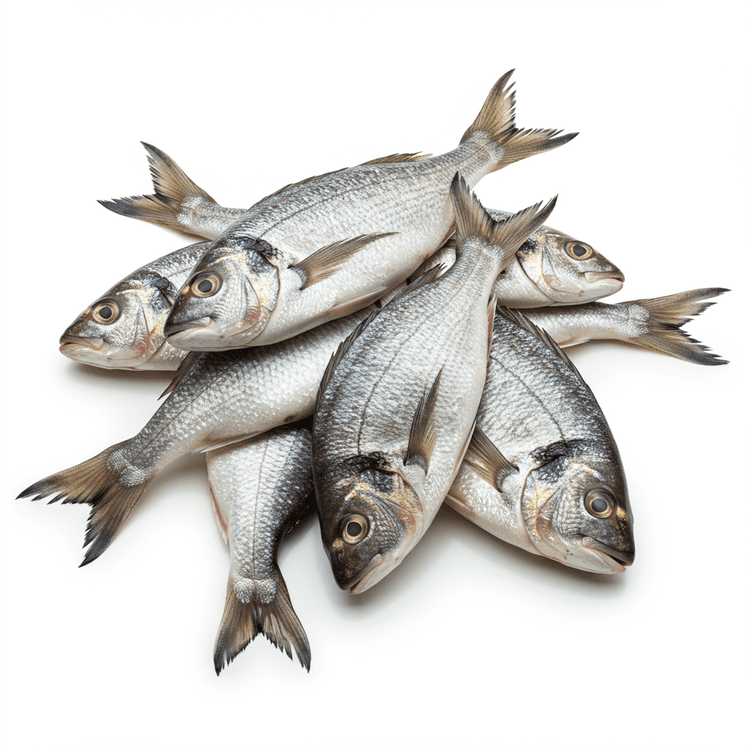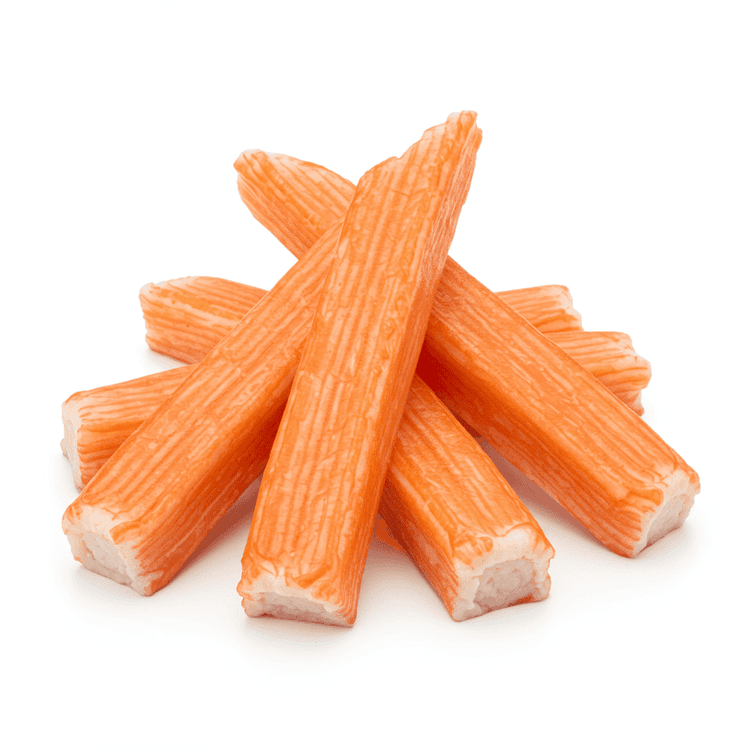
Fish
Fish is a diverse group of aquatic animals offering a wide range of flavors, textures, and nutritional benefits. From flaky white fish like cod and haddock to oily fish like salmon and tuna, there's a fish for every palate. Fish provides lean protein and is often a good source of omega-3 fatty acids, essential for heart health. Available fresh, frozen, canned, or smoked, fish can be prepared in countless ways, making it a versatile and healthy addition to any diet. Understanding different types of fish and their best uses will elevate your cooking and ensure delicious and nutritious meals.
Common Uses
- Grilling or baking fish fillets seasoned with herbs and spices for a simple and healthy main course. This method preserves the delicate flavor and texture of the fish. A squeeze of lemon enhances the taste.
- Adding flaked cooked fish to salads or pasta dishes for a boost of protein and flavor. Consider using smoked salmon for a richer taste or white fish for a milder option.
- Using fish in stews and soups, such as fish chowder or bouillabaisse, for a hearty and flavorful meal. Add firm white fish towards the end of cooking to prevent it from falling apart.
- Creating fish tacos with grilled or pan-fried fish, topped with slaw, salsa, and a squeeze of lime. This is a popular and refreshing way to enjoy fish.
- Pan-frying fish cakes made with mashed potatoes, flaked fish, herbs, and breadcrumbs for a comforting and savory dish. Serve with tartar sauce or a squeeze of lemon.
- Making sushi and sashimi with very fresh, high-quality fish. Different types of fish offer varied flavors and textures ideal for this popular Japanese preparation.
Health Benefits
- Excellent source of high-quality protein for muscle building and repair.
- Rich in omega-3 fatty acids, supporting heart health and reducing inflammation.
- Provides essential vitamins and minerals like vitamin D and selenium, boosting immunity.
- Contributes to brain health and cognitive function due to its DHA content.
- May help lower blood pressure and reduce the risk of stroke.
- Supports healthy vision and eye function with nutrients like omega-3s and vitamin A.
Substitutes
Chefadora AI is here.
Experience smarter, stress-free cooking.
Storage Tips
Fresh fish is highly perishable and requires careful handling. Ideally, cook it the same day you purchase it. If storing, rinse the fish under cold water, pat it completely dry with paper towels, and wrap it tightly in plastic wrap or place it in an airtight container. Store it in the coldest part of your refrigerator (usually the bottom shelf) for no more than 1-2 days. You can also freeze fish for longer storage; wrap it tightly to prevent freezer burn. Thaw frozen fish in the refrigerator overnight before cooking.
Marnirni-apinthi Building, Lot Fourteen,
North Terrace, Adelaide, South Australia, 5000
Australia

